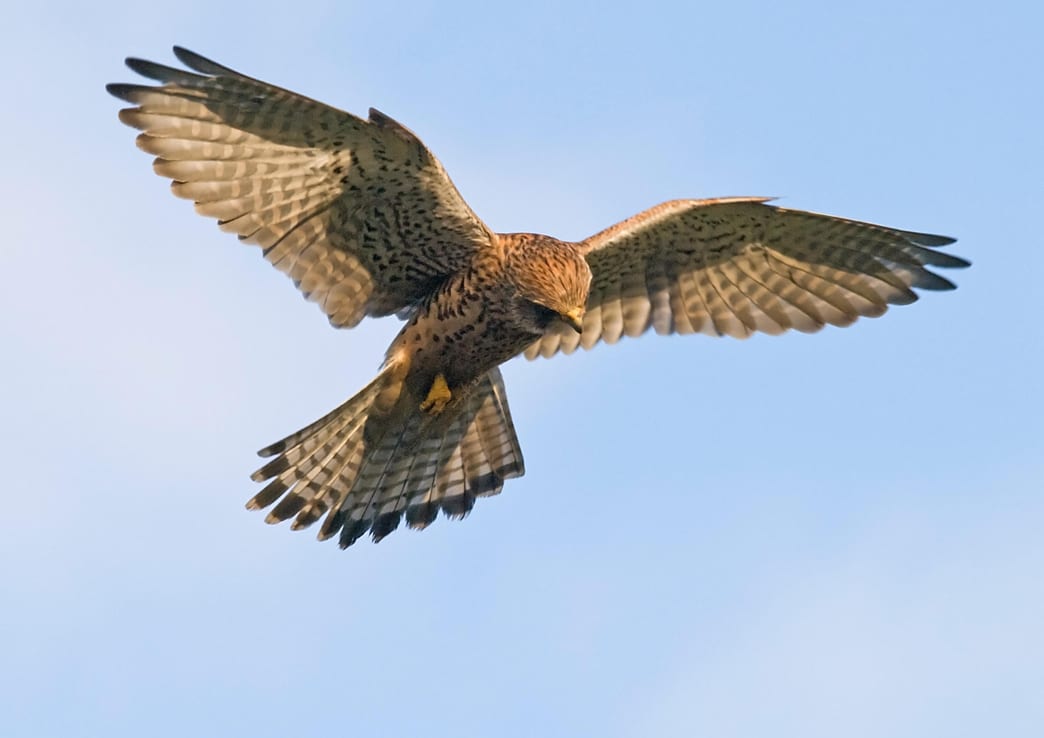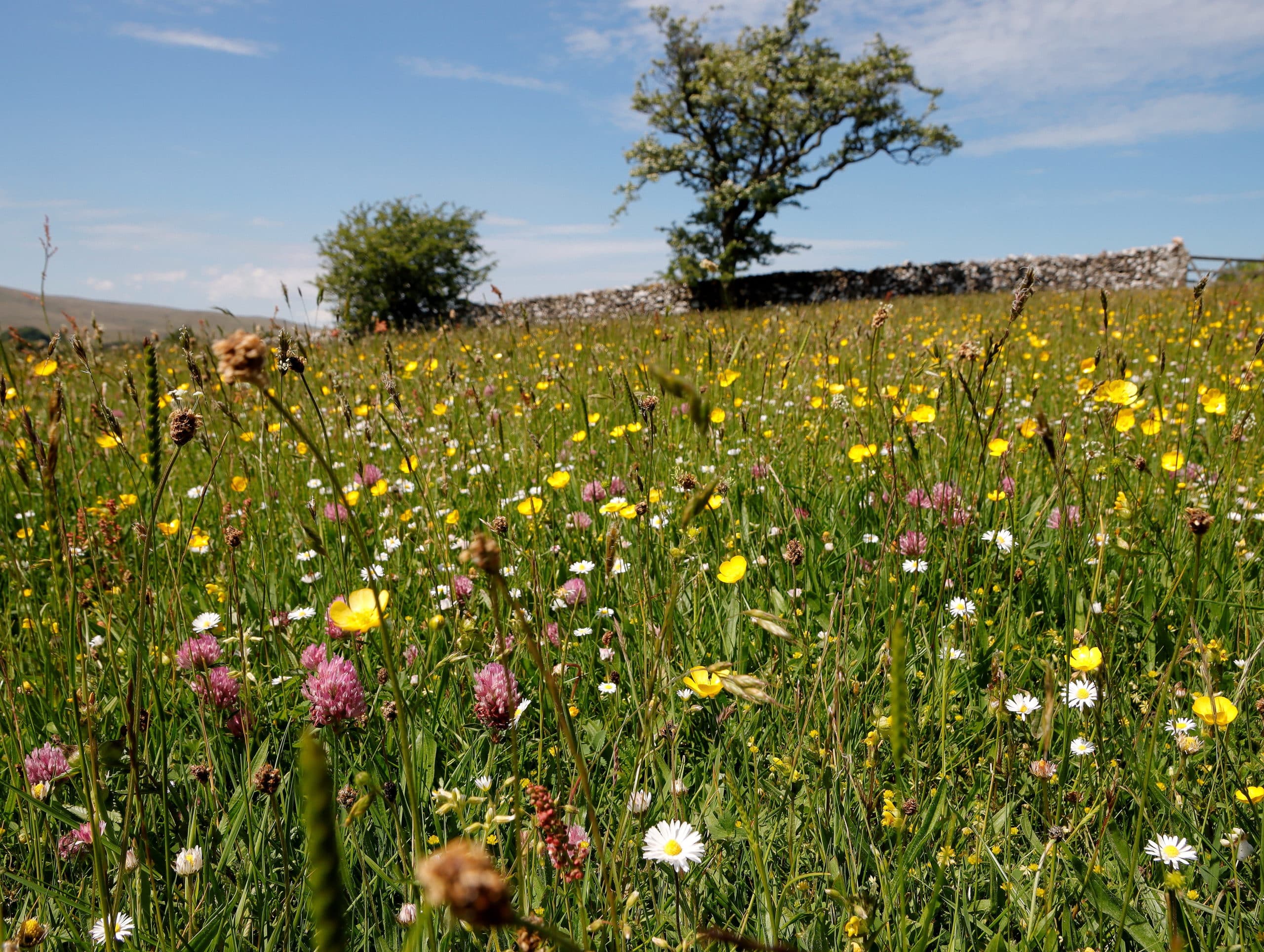How might writers help address the twin crises of climate and biodiversity loss?
How many ways are there to write about our place in the world? How many ways are there to see it, understand and interpret it and inspire others?
That’s where this new prize for environmental writing comes in.
Appreciating that literature is an enabling force where both essay and poetry can and do act as restorative and enabling acts in the field of literature, this prize addresses the times we are living through. By recognising the urgent environmental challenge, where ecosystems are under stress and species in decline, perhaps now more than ever, we are also aware of the human capacity for restoration in the natural world.

Kestrel. Picture credits Bob Coyle Cumbria Wildlife Trust
Seeing the natural world in its own essential light
The Future Places Prize calls for essays and poems that illustrate how literature can be a revelatory and imaginative force for helping us to see the natural world – and our place in it – differently. This is much less about nature writing as a vehicle for personal recovery, and much more about how writers can help us to see the natural world in its own essential light.

Bowber Head Farm meadows. Photo credits: Cumbria Wildlife Trust
“We are really excited to be supporting new nature writing. The times we live in have created a heightened awareness of our dependence on the natural world and all the interdependencies in between. In our view this creates a magnificent stage on which to amplify special talents to work their magic on audiences both new and old. This prize is intended to encourage the sentiment that nature writing can reach a wide audience if given the attention and support it deserves.” Sir Tim Smit KBE, Co-founder & Executive Vice Chair of the Eden Project said:
“This innovative prize – and the partnership behind it – suggests that nature writing itself has begun to evolve away from ‘nature’ simply as the background for human recovery, into a set of more nuanced explorations of the natural world. The prize proposes that there are innovative ways of communicating our human relationships with the natural world, where literature is a highly potent force for communicating the idea that regeneration – in all its widest interpretations – is entirely possible.” Karen Lloyd, Writer in Residence with Lancaster University’s Future Places Centre.

Fox. Photo credits: Jon Hawkins Cumbria Wildlife Trust
Literature as a force for communicating environmental and human change
The winning essays and poems will highlight how literature is a force for communicating that both environmental and human change is not only possible but happening.
Our judges are Jenn Ashworth, Professor of Creative Writing at Lancaster, (essays) John Wedgewood Clarke, Senior Lecturer in Creative Writing, University of Exeter, (poetry) and Chair of Judges, Tim Smit, Eden International.
The competition is made possible through a partnership between Lancaster University’s Future Places Centre, Eden North, Iceland, Kendal Mountain Literature Festival and Saraband publishers.
To find out more and how you can get involved visit The Future Places Environmental Essay and Poetry Prize website.
The prize is open to UK residents only, aged 18 and over. Closing date 19th September 2021.

